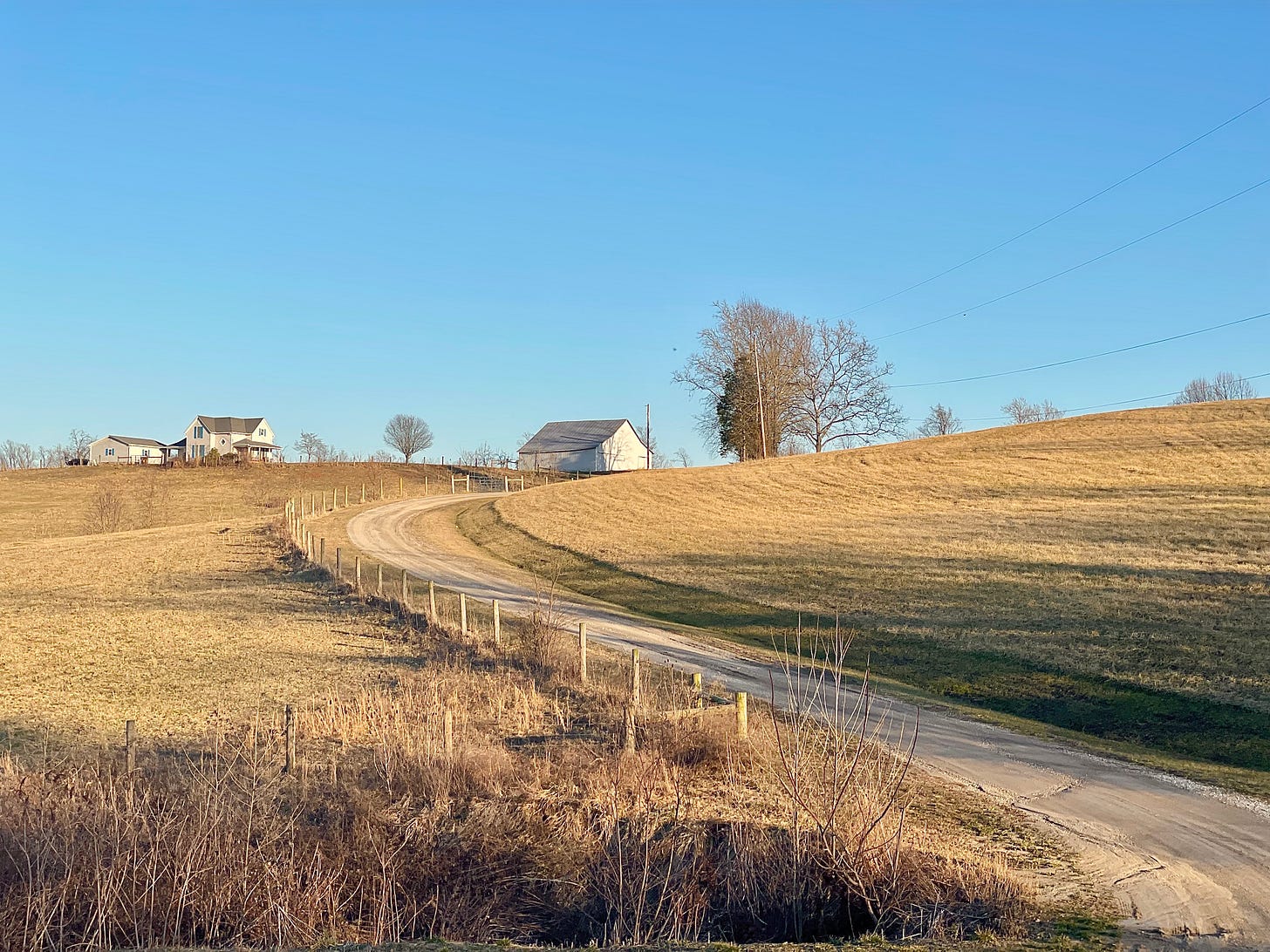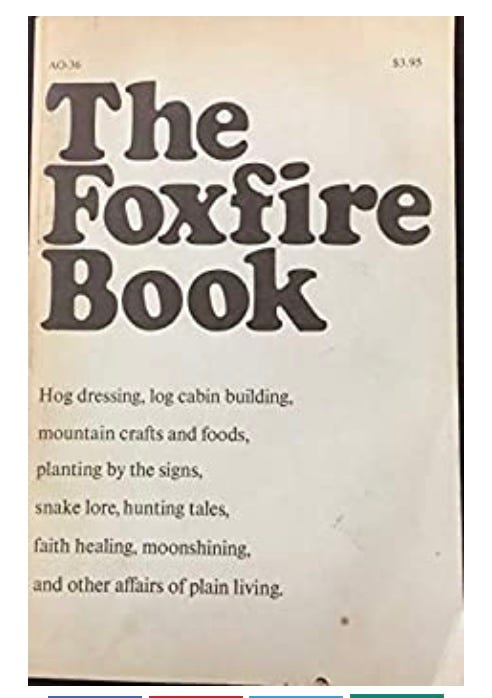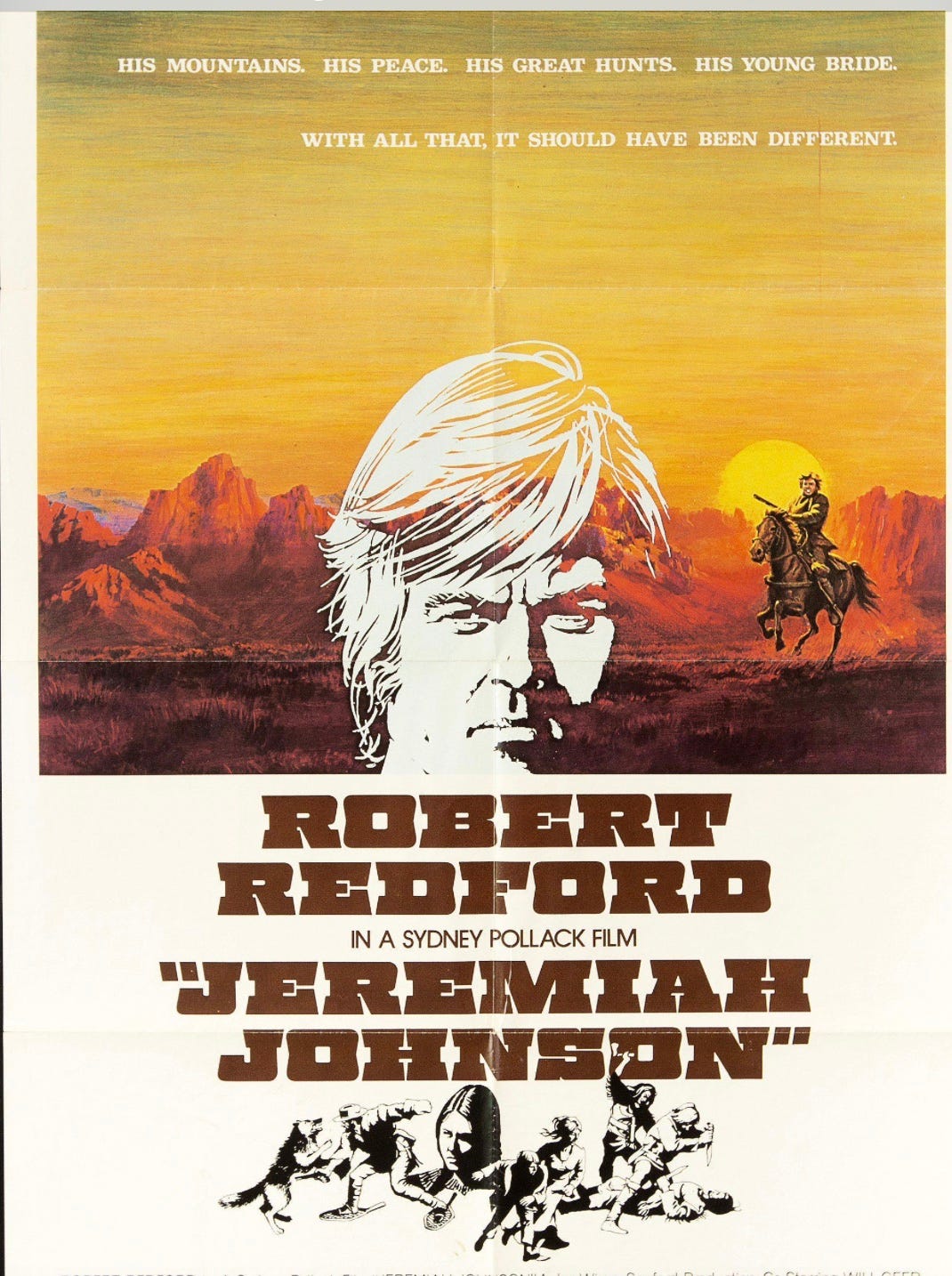You’ll never find Utopia, no matter how far you run.

In trying times, people hunt for Eden. It’s a venerable American folly, going back to the Bering Land Bridge, now having a Covid-borne resurgence. You may chart the current phenomenon by the wave of feature stories about refugees trading San Francisco for the Rockies, or Manhattan for the Hudson Valley. This would be the forward cabin section of an exodus that appeals to New York Times Style editors.
The migration of more ordinary Americans away from high-priced urban areas isn’t purely a symptom of the pandemic, but for obvious reasons the trend intensified in the past two years. Regardless of ideology, we are in one of our periodic spasms of recoil against the megalopolis. It won’t last. Big cities have rebounded from previous defections and will do so again. Remote work, which has opened the exit gate to many once confined to downtown office buildings, may even lose some luster. Still, I wonder if metropolitan life, at least the glossy Friends-inspired iteration that has been sold for the past 20 years, will ever return.
What never goes out of style are fantasies of escape. Fewer than one in five Americans live in a rural area, yet nearly half of those surveyed in an April 2021 CBS News poll would like to live in the country. I imagine respondents conjure a cozy place populated by the denizens of a Hallmark movie when they picture that existence. A rustic idyll may be had—in nooks of America that aren’t the country at all, but weekend enclaves for the wealthy. Given all the problems of our genuine rural places, you’d think our delusions would fade, but mythology dies hard. I’ve lived a different reality, because in childhood I survived an earlier bout of utopian fever.
Rural America, for those of us who know and love it (with caveats) is many things. Sweet is not one of them. Why do we persist on pretending it is? Not so long ago, Ezra Klein tweeted a quote from a nostalgic GQ story about the last intentional communities, those yurt collectives deep in redwoods, where hippies churn butter and harvest alpaca hair. It was this: There was an aphorism in the movement: ‘Bad roads make good communes.’ The line seemed to make Klein, a very smart person, feel warm and fuzzy. It made me think: They also make for broken children. When I was seven, I fell from a hayloft and snapped my wrist with a crunch that sounded like a boot heel on a bag of ice. Nearly a day later, I was finally (and begrudgingly) taken a considerable, bumpy distance to a county hospital. I have no sentimental appreciation for bad roads.
That, among other little brutalities, happened down on the family farm, in the midst of a previous national funk. When I was quite young, the adults who were responsible for me purchased 100 flinty acres on an Appalachian ridge. The visionary behind this endeavor was my stepfather, a social psychologist who liked to wear a bandana like an Apache headband. He wanted to carve a new family out of a recalcitrant wilderness, and redeem pampered twentieth century children (my mother had four from her first marriage; my stepfather two from his) through 19th century labor. The problem, apparently, was that our hands were too soft. What we needed was a good callousing. That is what we got.
At the time, I hadn’t read Thoreau. I didn’t know that Americans perennially try to find themselves by going, as they said in those shaggy days, back to the land. Unfortunately, the land we picked to go back to was a backdrop for a murder ballad. Beauty can be found in its hills and hollers, if you squint past gasp-inducing deprivation. All that is going wrong in rural America today — the spiral of addiction and hopelessness that makes for pat hillbilly elegies—was well underway there decades ago.
Childhood memory is tricky, but violence stays with you. We dependents were dropped into a hard and dangerous place. Before my family purchased the farm, we spent weekends in one of its fields, sleeping in tents behind the owner’s tumbledown house. Even as a kid, I knew the old man my parents were negotiating with was a falling-down drunk. Still, I liked him, because my first day on the place he freed me, screaming, from a leg-hold raccoon trap (I’d been playing on the shore of a pond, and the spring contraption clamped down on my hand). The night before we took ownership, he put a shotgun in his mouth and fired. My stepfather found the body, and my mother scrubbed away the gore. The deed was done in what became my designated bedroom, until we burned the old home place down a few years later.
Our utopia was, marginally, a tobacco farm, and all of us were put to work on it. We rose with the sun to pluck fat neon green worms off the plants, before the heat grew stifling. We tented the crops, harvested the leaves, and staked them for drying in a rickety barn. We herded beef cattle and grew much of our own food. I delivered six-packs of Stroh’s beer to adults working in the fields, riding bareback on an ornery pony. We used an outhouse until we built ourselves new cistern and a rudimentary bunkhouse. As you might expect, animal death was routine. There is nothing like dragging a bloated cow carcass across a field on a suffocatingly humid day, trailed by half-starved feral dogs and all the flies on earth.
It was humans, hollowed out and desperate, their mouths full of broken teeth, we had to watch out for. We dodged the town junkie, strung out on PCP, when we hauled our dirty clothes to the laundromat. I played in garbage dumps with 8-year-olds who had cigarette habits. Mounds of refuse — rusting cars, old washing machines, cracked bits of china abandoned by yesterday’s country people—were as much a part of the rolling landscape as trailers on cinder blocks. We were warned away from the county’s “wet” town on Saturday nights, because there was booze, and that led to fights, stabbings, and shootings (just like the ghetto, with fewer witnesses). When we were in the city, some zombie desperate for drug money smashed up the two-room bunkhouse to get at our decrepit black and white television.

Why were we there? It’s all tied up in ancient American make-believe. My stepfather arrived in our lives looking not unlike Peter Fonda (a good look in those days) with Foxfire books tucked under his arm. These were volumes of Appalachian lore, woodcraft, and home remedies collected from the Georgia mountains. His favorite movie was Jeremiah Johnson, the story of a frontier trapper (Robert Redford) who learns to survive in the wilderness and settles with his family in a remote cabin. (It’s worth pointing out that Johnson’s family is murdered by the Crow tribe after he trespasses on their sacred burial ground.) “Pilgrim,” the name an old sourdough gives Johnson when he first comes to the Rockies, was his nickname for everybody. John Denver’s Thank God I’m a Country Boy was an anthem.
For a moment anyway, he was overtaken by the urge to get away from effete urban influences, to be less of a long-haired college professor and more of an essential man. He often said he wanted to spirit my mother away to a box canyon, somewhere wild where he would be absolutely in charge. The rest of us, loose ends from old lives, were thrown into the flatbed of a Ford pickup truck and taken down twisting two-lane highways at 90 mph. Nothing about the Dr. Spock model of child-rearing appealed to my stepfather. The rod, or whatever else was handy, was not spared.
There was romance in it, but also terrible recklessness. Once, while thinning out a stand of timber, the Master of All He Surveyed swung wide and tore my mother’s leg wide open with a chainsaw. It was a point of family pride that, amid all the blood and bone, she never cried out in pain. Being country tough was the entire point.
Pernicious old dreams of Don’t Fence Me In and Little House on the Prairie played out on a hardscrabble compound, where the prevailing parenting style would have set off several alarm bells at Social Services, had such services been available, which of course they were not—those bad roads again. I did learn about driving fence posts at a very young age, to yank a tangled hand out of barbed wire, to pull a rusty nail out of my bare foot without making a troublesome squeak, to kill animals without mercy, to absorb the hard punch of a shotgun to the shoulder (and other punches besides), to shovel Augean quantities of shit. All that will make you a tougher person, whatever that means. But it won’t move you one country mile closer toward being a better one.

Yes, there were enormous bonfires, crayfish hunting, and morel gathering in forest glades. There were the haunting cries of the whip-poor-wills, and ink black skies crowded with bright stars. Still, I spent a lot of my early years hiding deep in the woods, praying I would never be found, wanting, like the boy hero of My Side of the Mountain, to found a utopia for only one. I’m not nostalgic for old-fashioned country values, because I know what it’s like to live in terror of them.
We survived our experiment, and the times changed. Going back to the land and all that came with it — wearing dirty old clothes, banning television, reading Wendell Berry, pretending to be the Sunshine Family—fell out of fashion. My stepfather got a good haircut, bought a BMW and started wearing Wilkes Bashford suits. We left a broken-down country for the fresh fields of Silicon Valley, where the grownups in my life pursued a different utopian dream. Every so often, I would run across some story —any version of The Mosquito Coast, accounts of Bronson Alcott’s Fruitlands commune, even dispatches from Jonestown —and wince in recognition. It’s not easy, being caught up in somebody else’s fantasy of the simple life.
These dark days, people talk of running off to New Zealand or the Berkshires, anywhere but here as Mona Simpson wrote. It’s what we’ve always done when things get complicated. Some of us have learned the hard way that, whatever paradise you choose to despoil, you pack in all your craziness with you. It’s worth trying to sort all of it out exactly where you are.
